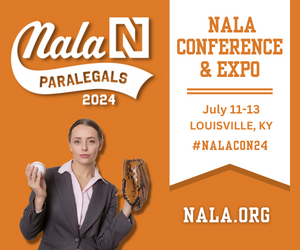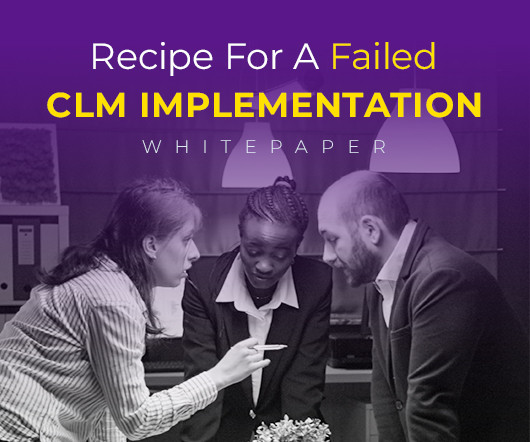Why is a US Radio Station Getting a Notice about Webcasting Royalties in Canada? – Why Webcasters Geo-Block Their Streams to Avoid International Music Royalties
Broadcast Law Blog
OCTOBER 8, 2014
'An Alabama radio station recently received a notice about the new royalty rates that are payable to ReSound, the Canadian equivalent of SoundExchange , a collective set up to receive from webcasters royalties for the public performance of sound recordings and to distribute those royalties to the copyright holders (usually the labels) and the artists who recorded the songs, according to a story in today’s issue of Tom Taylor Now (a radio industry newsletter).



























Let's personalize your content